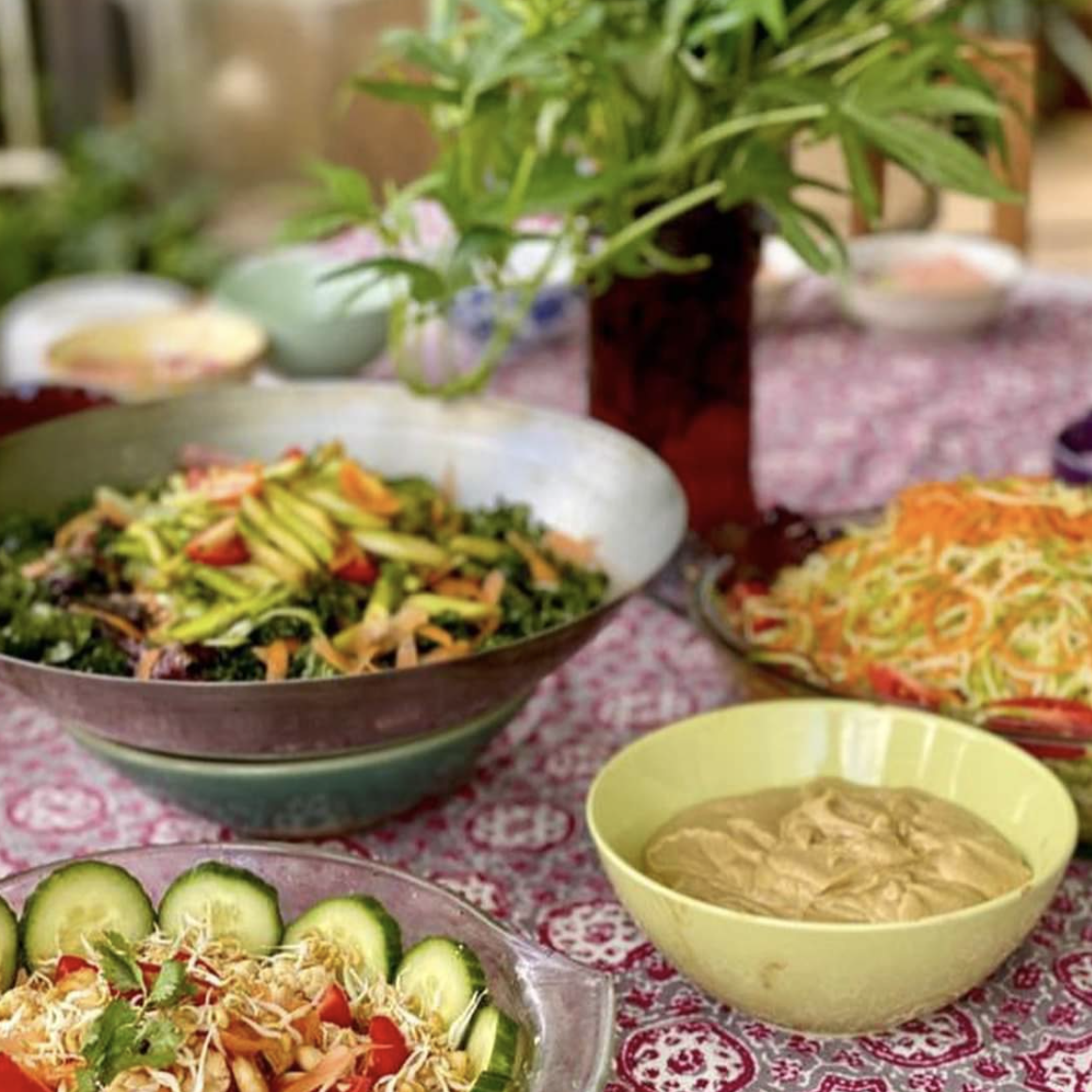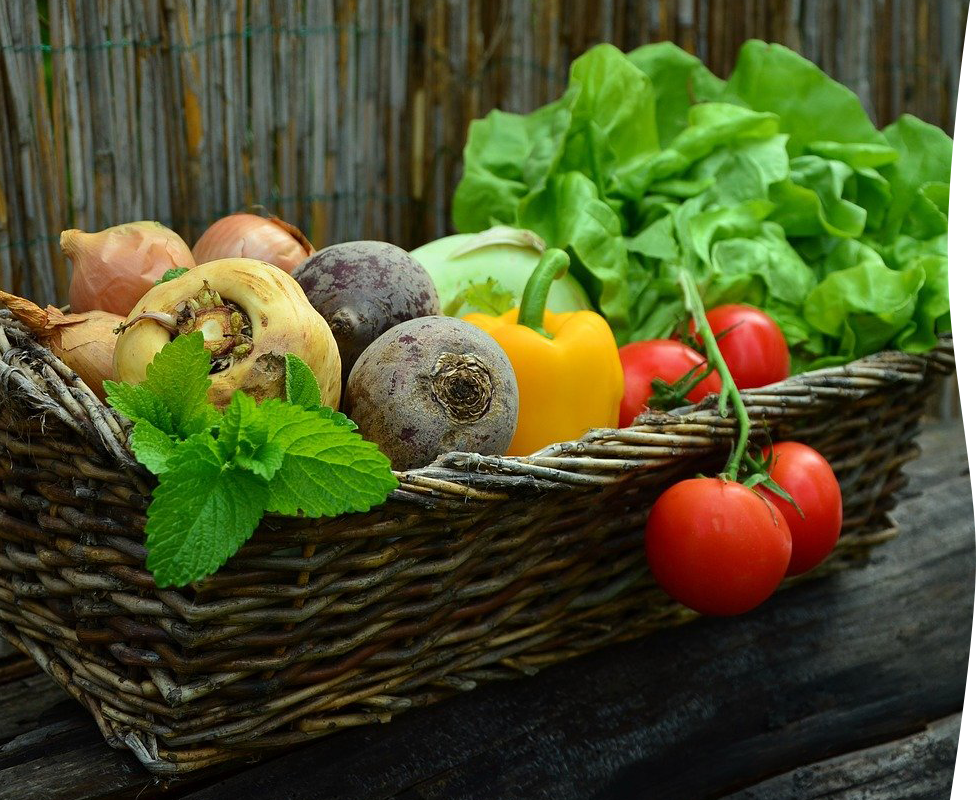Customers rarely see imperfect fruits and vegetables - such as bent cucumbers, carrots with two legs, and even heart-shaped potatoes - because they are thrown away before they reach the supermarket shelves. Every year, about one-third of the total food consumed by humans is wasted. The United Nations Environment Programme estimates that the amount of food lost or wasted is equivalent to more than half of the world's annual grain production.
Customers are welcome to browse and purchase our imperfect fruit and vegetable series, and put short-term food on your shopping list. We are honored and look forward to your support!
Project Nature
Saving Excess Food - Imperfect Vegetables Order for fresh organic vegetables, organic fruits, short-term food, eggs, organic dry goods, etc. Each time is different, depending on our surplus and supply.
Significance
About 1,650,000 Hong Kong people go hungry every day, and about 1,254,505 tonnes of food are wasted every year.
Reduce our inventory, improve the freshness of the food we purchase, shorten the inventory period, reduce our frozen food inventory, increase energy saving; and let consumers enjoy our organic agricultural products and fresh food at a cheaper price. Encourage eating more fresh, seasonal, locally produced, organic fruits and vegetables.
"Don't waste" is a belief that many consumers have always adhered to, and I practice it every day. I pay special attention to reducing production capacity and agricultural product losses. We should practice these principles with our families at home, which makes me more eager to work together with all Hong Kong citizens to change the habit of wasting resources. If everyone spends a little more time and a little more effort, Hong Kong's food waste and industrial waste can be greatly reduced.
"Creating shared value" is also a new strategy and ESG (corporate social governance). Through donating food, it can bring corporate image and brand value, increase the business model that brings profits to high-end consumers, and respond to social challenges. For responsible companies, this is a new business model that benefits people from different social classes and enhances the company's brand image of "giving you health" (餸您健康).
Reducing food waste
In 2014, French supermarket chain Intermarché decided to showcase these so-called “ugly” fruits and vegetables in its stores (in an effort to reduce food waste). The campaign was all about discovering inner beauty. Intermarché used ugly foods in recipes to show consumers that they were just as good as better-looking produce. To boost sales, Intermarché priced the “ugly vegetables” 30% lower than standard vegetables. “It worked. We only had one problem – we ran out of them,” explains an Intermarché ad designed by Marcel Paris. The company’s average sales per store increased by 1.2 times, and store traffic increased by 24%.
Food waste in Hong Kong
The three landfills in Tuen Mun, Tseung Kwan O and Ta Kwu Ling are full and need to be expanded. 68% of leftover food comes from households, and 32% from industry and commerce. It is estimated that each person in Hong Kong discards 71 kg of household leftovers each year. Supermarkets discard 29 tons of edible food every day.
Embrace change “Ugly food” fruits and vegetables, which are not perfect in appearance, but are very delicious and nutritious.
Consumers’ pursuit of perfection is an important reason that drives farmers to overuse synthetic inputs such as pesticides and preservatives
The pursuit of perfection is one of the driving forces behind the overuse of synthetic inputs such as pesticides and preservatives. If consumers have zero tolerance for imperfections in the appearance of produce, operators at various checkpoints along the food supply chain will do everything they can to meet customer expectations. Because of this, it has become the norm today to overuse pesticides, packaging, synthetic colors and preservatives to “ensure” that they meet the strict appearance standards of grocery stores. Fruit aging is a natural phenomenon, and most fruits have a relatively short shelf life. Be vigilant about fresh produce, especially those that remain in good condition for too long.
On 15 December 2019, Kadoorie Farm and Botanic Garden (KFBG) hosted a public workshop and cooking demonstration at the Central Farmers’ Market at Pier 7, Central Star Ferry Pier, to explain why redefining the way we judge the beauty of produce is crucial to addressing food waste and building a healthier food system.













